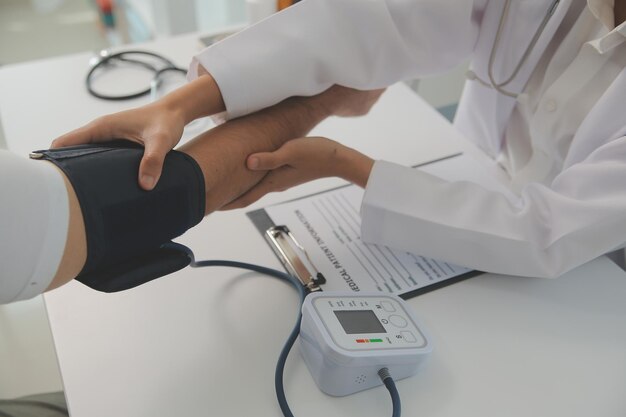Adrenal insufficiency, also known as Addison’s disease, occurs when the adrenal glands do not produce enough hormones, particularly cortisol and aldosterone. This condition can affect individuals of any age and may develop gradually or suddenly. Early recognition of the signs and symptoms is crucial for effective management and treatment. Here, we explore the common early signs and symptoms of adrenal insufficiency.
1. Chronic Fatigue
One of the most prominent symptoms of adrenal insufficiency is persistent fatigue. Individuals may feel unusually tired or weak, even after adequate rest. This fatigue can significantly impact daily activities, leading to decreased productivity and a lower quality of life.
2. Muscle Weakness
People with adrenal insufficiency often experience muscle weakness, particularly in the arms and legs. This weakness may be more pronounced after physical exertion and can make it challenging to perform routine tasks or engage in physical activities.
3. Unexplained Weight Loss
Unintentional weight loss is another common symptom. This may occur due to a combination of reduced appetite, nausea, and the body’s inability to utilize energy properly due to hormonal deficiencies.
4. Low Blood Pressure
Adrenal insufficiency can lead to low blood pressure, which may result in dizziness or lightheadedness, particularly when standing up. This is due to the body’s impaired ability to regulate blood pressure and blood volume.
5. Salt Cravings
Individuals may experience intense cravings for salty foods. This occurs because aldosterone, a hormone that helps regulate sodium balance, is deficient in those with adrenal insufficiency. As a result, the body may seek out salt to compensate for this imbalance.
6. Skin Changes
Changes in skin pigmentation can occur, particularly in Addison’s disease. Some individuals may develop darker patches of skin, especially on scars, skin folds, and mucous membranes. This hyperpigmentation is due to increased levels of adrenocorticotropic hormone (ACTH) in response to low cortisol levels.
7. Gastrointestinal Issues
Gastrointestinal symptoms are also common. Individuals may experience nausea, vomiting, diarrhea, or abdominal pain. These symptoms can contribute to a decrease in appetite and further exacerbate weight loss.
8. Mood Changes
Adrenal insufficiency can affect mood and mental health. Individuals may experience irritability, anxiety, or depression. These emotional changes can be linked to hormonal imbalances and the overall stress of managing chronic fatigue and health issues.
9. Hypoglycemia
Low blood sugar levels, or hypoglycemia, may occur, leading to symptoms such as sweating, trembling, and confusion. Individuals may feel shaky or weak, especially if they have gone without food for an extended period.
10. Increased Sensitivity to Stress
People with adrenal insufficiency often find it challenging to cope with stress. The body’s ability to produce cortisol, a hormone that helps manage stress, is compromised, leading to increased sensitivity and vulnerability to stressful situations.
Recognizing the early signs and symptoms of adrenal insufficiency is essential for prompt diagnosis and treatment. If you or someone you know is experiencing these symptoms, it is crucial to consult a healthcare professional for a thorough evaluation. Early intervention can lead to effective management strategies, including hormone replacement therapy, which can significantly improve quality of life and help individuals manage their symptoms more effectively. Being aware of these signs empowers individuals to take charge of their health and seek the necessary support.










